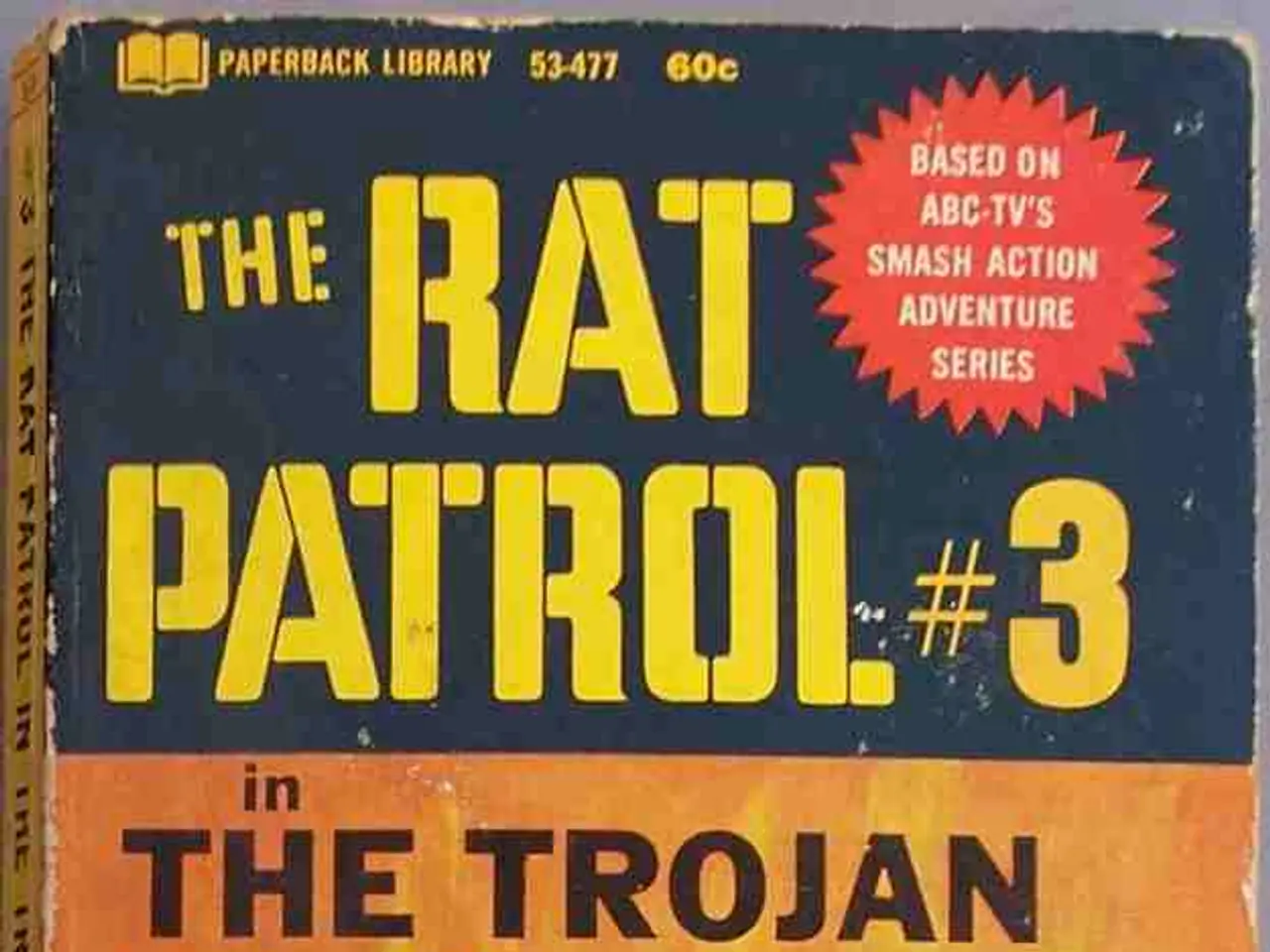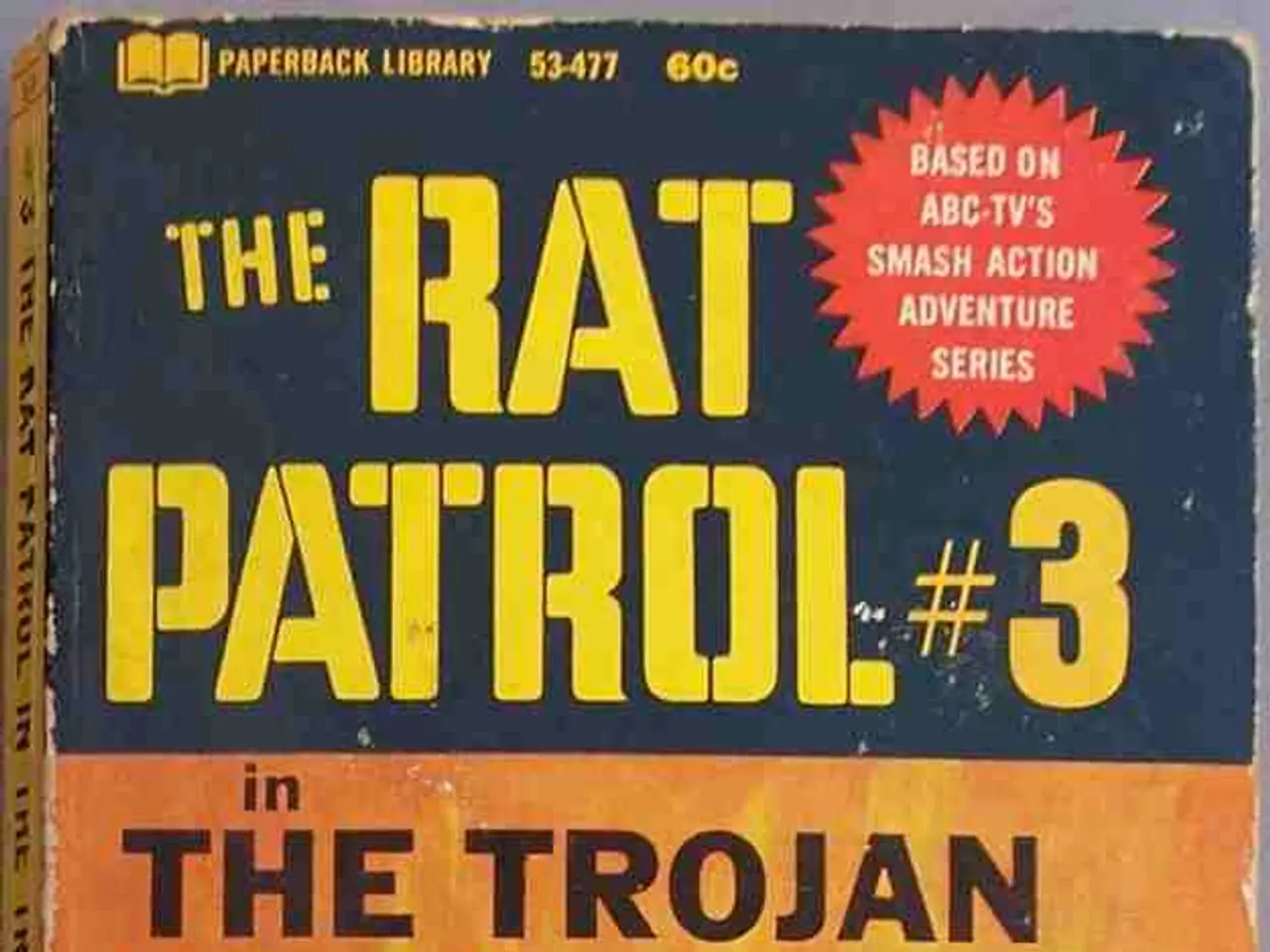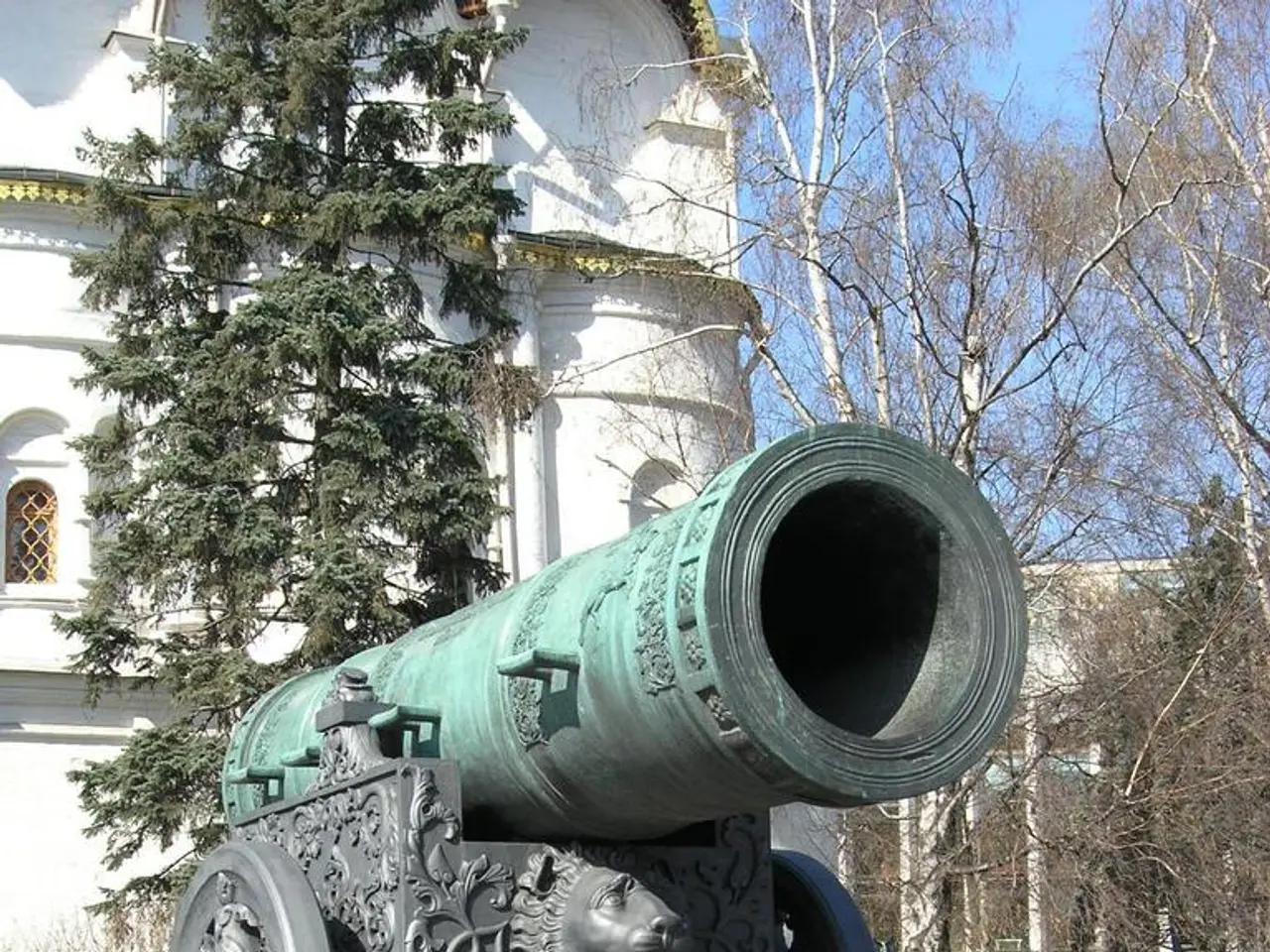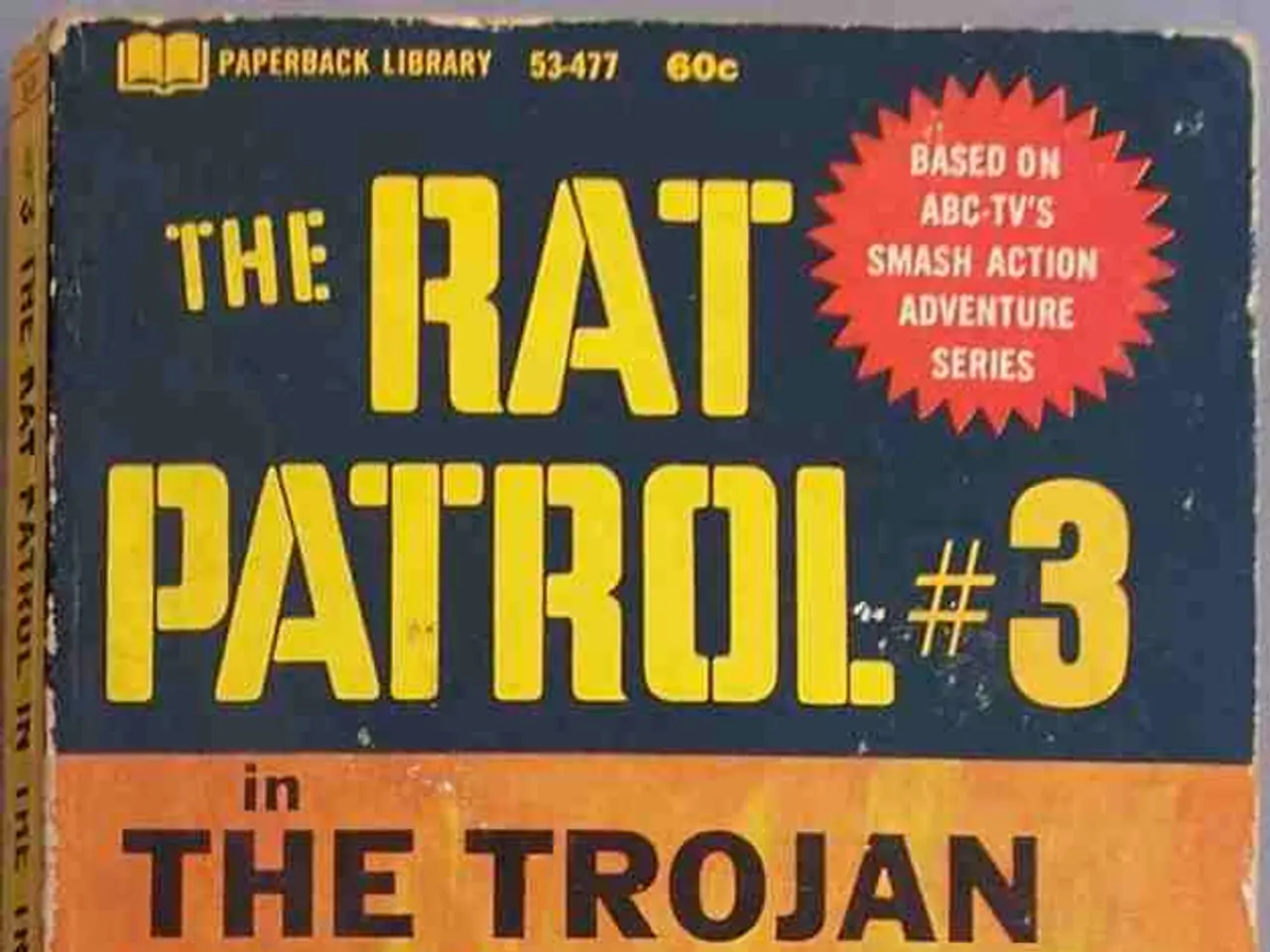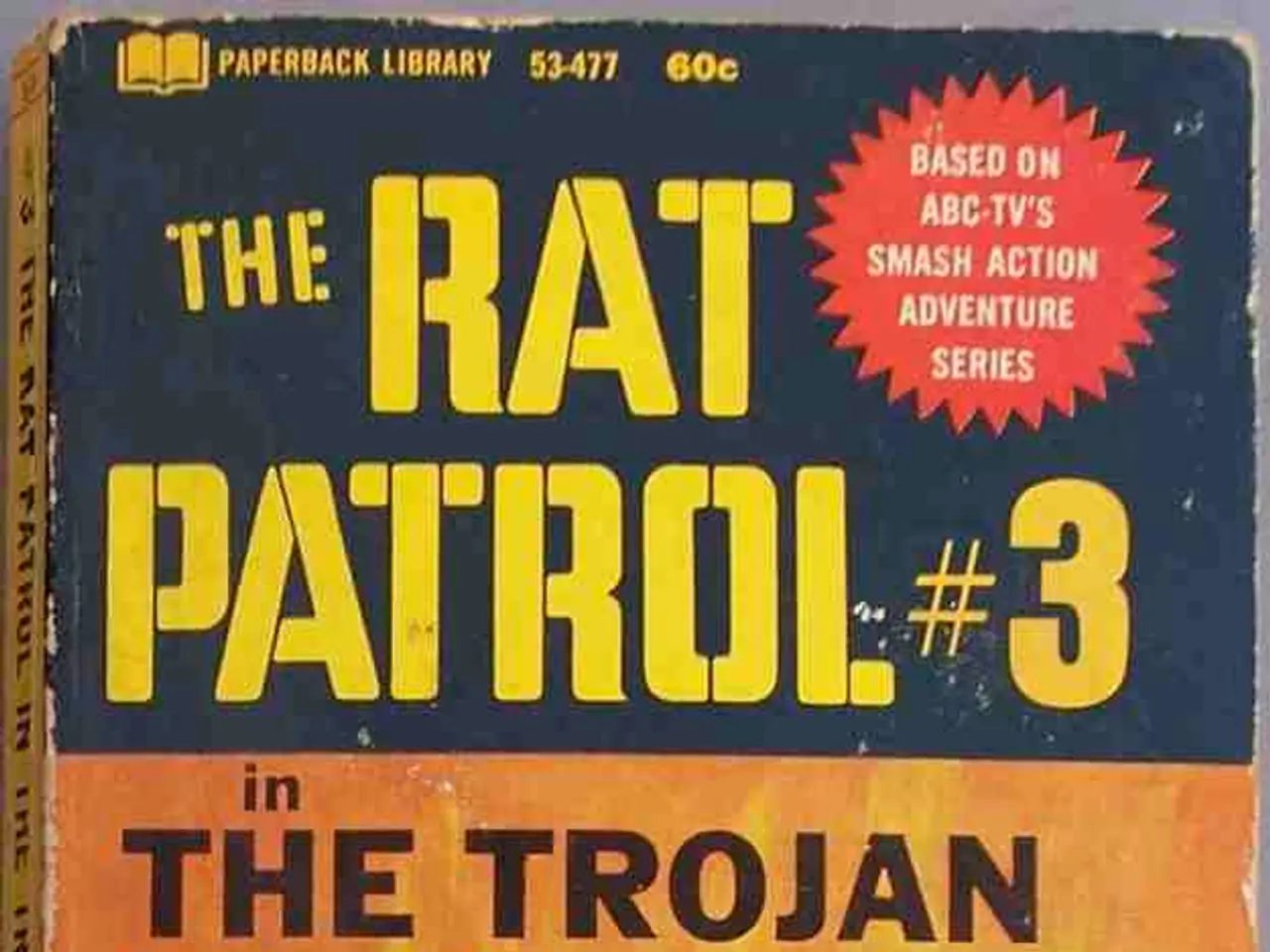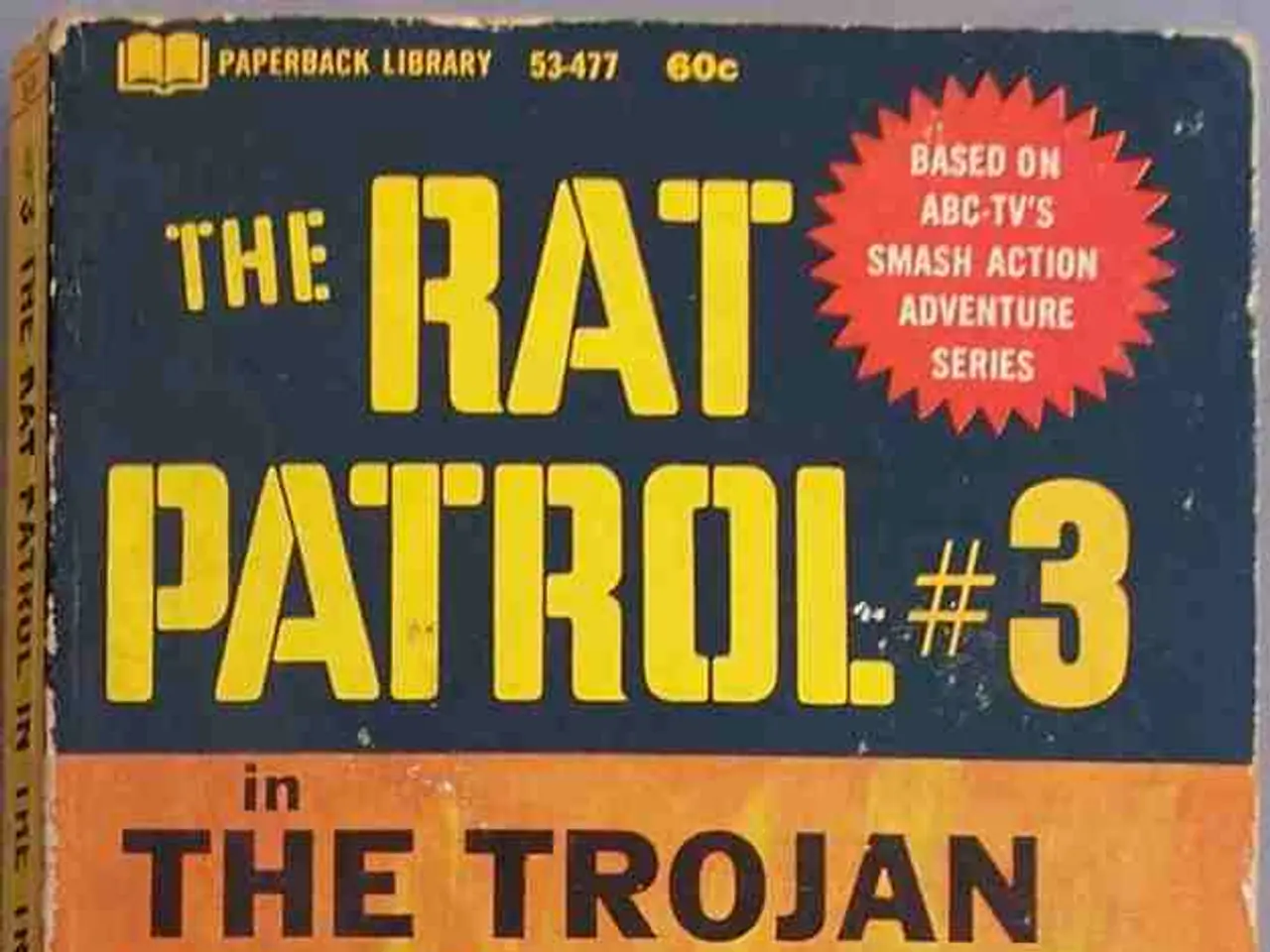U.S. tariffs cause India to halt weapons procurement plans
In a complex interplay of defence cooperation and geopolitical disputes, India and the United States find themselves in a tense standoff, with tariff hikes and oil imports at the heart of the issue.
Contrary to some reports, no formal suspension or cancellation of India-US military equipment deals has been confirmed. While talks for certain packages, such as the procurement of six Boeing P-8I maritime patrol aircraft, have been suspended or slowed, ongoing procurements like those involving Stryker vehicles and Javelin missiles continue under current procedures [1][3][5].
The main cause of strain is the US raising tariffs on Indian exports in retaliation for India's continued purchase of discounted Russian oil, which the US administration argues supports Russia's war in Ukraine. This tariff escalation has strained bilateral trade relations, with India describing the move as "unfair, unjustified and unreasonable" [1][4].
India's deepening security relationship with the US, fueled by their shared strategic rivalry with China, has been a key area of foreign-policy progress in the first Trump administration. However, recent developments have put a strain on this relationship.
Despite these tensions, the broader US-India defence partnership, including intelligence sharing and joint military exercises, continues without hiccups. In recent months, Moscow has been actively pitching Delhi on buying new defense technologies like the S-500 surface-to-air missile system [6].
India has shifted from traditionally importing arms from Russia to Western powers like France, Israel, and the US. However, it is unlikely to wean itself off Russian weapons entirely due to the decades-long partnership between the two powers.
The purchase of the six Boeing P8I aircraft, planned to be announced during Defence Minister Rajnath Singh's cancelled trip to Washington, has been put on hold due to tariffs [2]. Trump imposed an additional 25% tariff on Indian goods as punishment for Delhi's purchases of Russian oil [4].
Trump's threats and rising anti-US nationalism in India have made it politically difficult for Prime Minister Narendra Modi to shift from Russia to the US. India has repeatedly rebutted Trump's claim that the US brokered a ceasefire between India and Pakistan [7].
The tariffs imposed by President Trump on Indian exports have raised the total duty on Indian exports to 50%, among the highest of any US trading partner. India currently does not see a need for new arms purchases from Moscow, but it is unlikely to completely break away from its traditional ally [8].
India has said it is being unfairly targeted and that Washington and its European allies continue to trade with Russia when it is in their interest. The tariff tensions have dragged US-India ties to their lowest level in decades [4].
References:
- India and the US: A Strategic Partnership
- India-US military ties: A strategic partnership
- India-US defence deals: A tale of delays
- US-India ties at lowest level in decades due to tariff tensions
- India denies suspension of US arms deals amid tariff tensions
- Moscow steps up pitch for India's S-500 missile defence system
- India rejects Trump's claim of brokering a ceasefire between India and Pakistan
- India's defence ties with Russia: A strategic partnership
- The ongoing tariff disputes between India and the United States, stemming from India's oil imports and the latter's policy-and-legislation against such purchases, have significantly strained general-news relations and historical friendship between the countries.
- Despite the recent tensions over policy-and-legislation, the area of defense partnership, including intelligence sharing and joint military exercises, remains an integral part of the relationship between India and the United States, a legacy of their shared politics and strategic rivalries, particularly with China.
